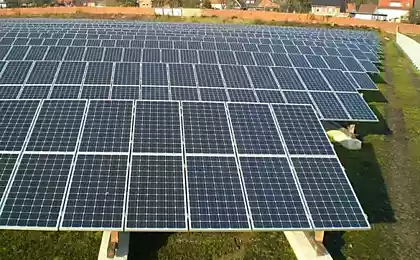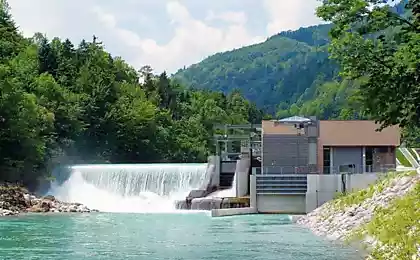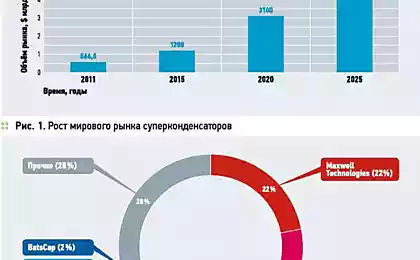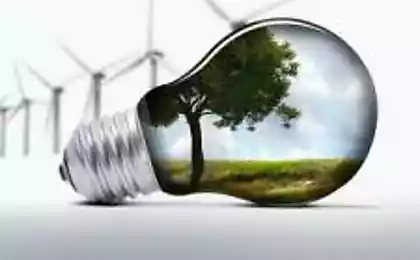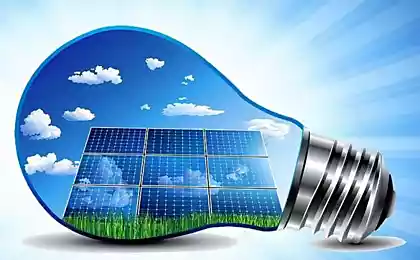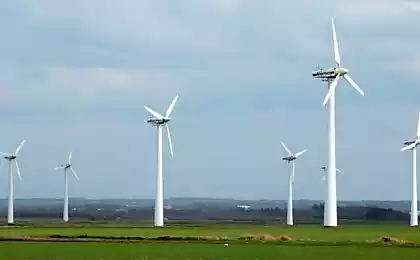1209
Home hydroelectric power for remote areas
German engineer Andreas Tselzeymaer developed a compact mobile hydroelectric "Rotor", which will provide electricity to small rural settlement.
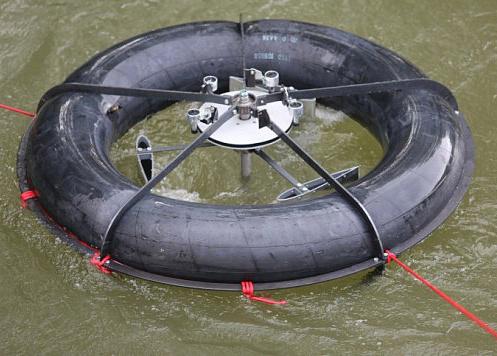
According to the International Energy Agency, 1, 4 billion people worldwide lack access to electricity - while 300 million of them live near rivers. Unfortunately, current solutions of autonomous hydroelectric power plants are very expensive and require high operating costs.
With the support of the Munich Technical University have developed the first examples of the "Rotor", which are then tested in the remote areas of the Amazon in South America. Thanks to tests, the concept was further developed and built at the moment is the third prototype of the device.
Arrange a "rotor" is very simple: it is based on Darrieus rotor, which has a high specific speed at low flow rates. The vertical axis three-bladed turbine wheel mounted in the center of the inflatable rubber bladder, and the rotational energy is transferred to a specially designed generator. Key benefits "Rotor" is that it is simple, reliable, low cost, and requires no special skills to install and maintain.
Serial production and yield "Rotor" on the market is planned in early 2015.
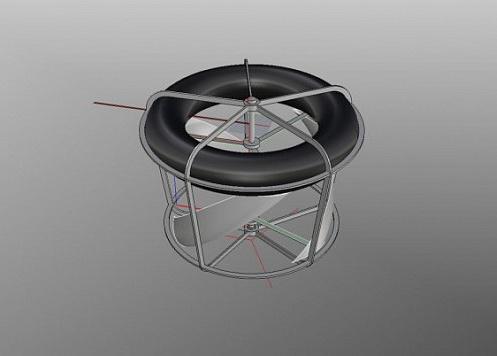
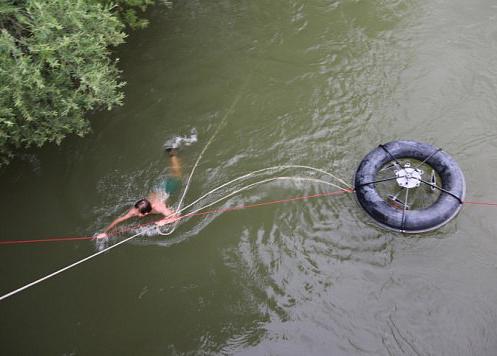
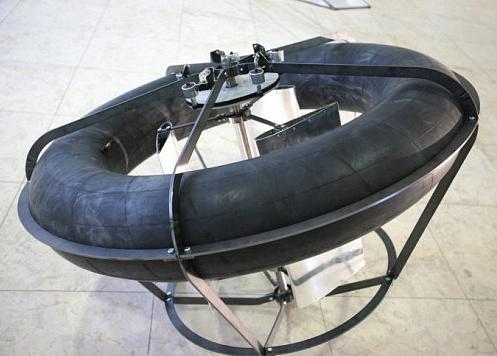
www.jamesdysonaward.org

According to the International Energy Agency, 1, 4 billion people worldwide lack access to electricity - while 300 million of them live near rivers. Unfortunately, current solutions of autonomous hydroelectric power plants are very expensive and require high operating costs.
With the support of the Munich Technical University have developed the first examples of the "Rotor", which are then tested in the remote areas of the Amazon in South America. Thanks to tests, the concept was further developed and built at the moment is the third prototype of the device.
Arrange a "rotor" is very simple: it is based on Darrieus rotor, which has a high specific speed at low flow rates. The vertical axis three-bladed turbine wheel mounted in the center of the inflatable rubber bladder, and the rotational energy is transferred to a specially designed generator. Key benefits "Rotor" is that it is simple, reliable, low cost, and requires no special skills to install and maintain.
Serial production and yield "Rotor" on the market is planned in early 2015.



www.jamesdysonaward.org


